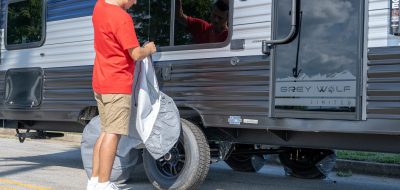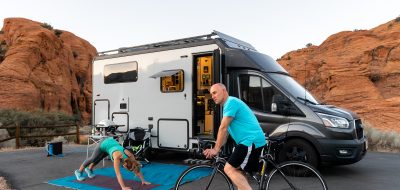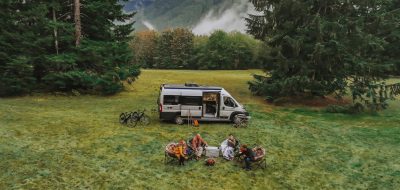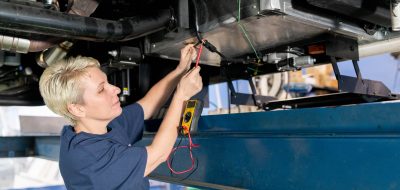Blood pressure (B/P) is a measure of the volume of blood the heart pumps and the amount of resistance in the arteries. High blood pressure can lead to narrowing and thickening of the arteries, stroke, heart attack and kidney disease. There are no symptoms except in long untreated cases, which may manifest themselves in headaches, dizziness and nosebleeds. There is no known cause for 90% of high blood pressure, while 10% is due to kidney disease, heart defects and adrenal gland tumors.
Normal pressure fluctuates daily, varying from person to person, but is usually between 100/60 and 130/80. The higher, or “systolic,” number measures the pressure of blood flow when the artery is constricted while the lower, or “diastolic,” shows the pressure when the artery is fully open and relaxed. Consistent readings of 140/90 and higher over a period of time indicate a need for further medical assessment. It’s important to check your pressure regularly, either during a medical appointment or at one of the free screenings many communities offer. Drugstore machines can be inaccurate but there are many small home monitoring gadgets available, though it’s important to avoid becoming obsessive about your B/P.
Factors that increase blood pressure include such lifestyle issues as obesity, lack of exercise, smoking, alcohol, stress and consuming foods high in salt and sodium, which increases fluid volume in the body and in turn raises pressure. While it’s tempting to use convenience foods while on the road, avoid canned foods and soups, sausages, bacon and other high sodium items. Stopping at farmers’ markets and roadside stands to buy fresh food can be fun and is healthier.
Besides diet, regular exercise on the road can help lower blood pressure and control weight. Stop routinely for 15-minute walks, daily stretching exercises or regular mini-workouts. Slow, deep breathing and other relaxation techniques are also beneficial. As with any medical condition, if you have high blood pressure always carry your own doctor’s contact information as well as a list of your medications and a summary of your medical history.
Did you know that …
A few minutes of daily exercise is more beneficial than more rigorous workouts performed only sporadically. Consistency is what counts!
Try to incorporate an enjoyable form of exercise into your day, whether traveling in your RV or at home. Activities such as cycling, walking, water aerobics, stretching, yoga or tai chi allow you a relaxing mental escape while also relieving stress in your body and burning calories to help control weight.
If the activity is fun, you will look forward to it instead of considering it just another task to complete before the end of the day. Remember to check with your doctor before beginning any new exercise program or activity.
For more information contact:
American Heart Association, National Center,
7272 Greenville Ave., Dallas, TX 75231,
1-BD0-242-8721 or visit heart.org





